Search
Search Results
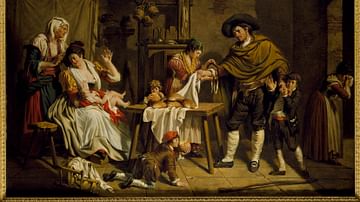
Image
The Self-Sacrifice of a Father
The Self-Sacrifice of a Father, painting by Jacques Sablet, second half of the 18th century.
Nationalmuseum, Stockholm.
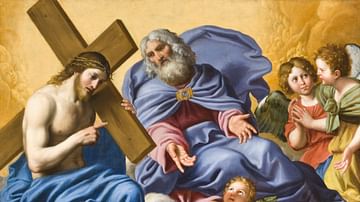
Image
Saint Ignatius of Loyola's Vision of Christ and God the Father at La Storta
Saint Ignatius of Loyola's Vision of Christ and God the Father at La Storta, oil on canvas by Domenichino, c. 1622.
Los Angeles County Museum of Art.

Video
Why is Herodotus Called "The Father of History"? - Mark Robinson
View full lesson: https://ed.ted.com/lessons/why-is-herodotus-called-the-father-of-history-mark-robinson 2,500 years ago, the writing of history as we know it didn’t exist. The past was recorded as a list of events, with little explanation...
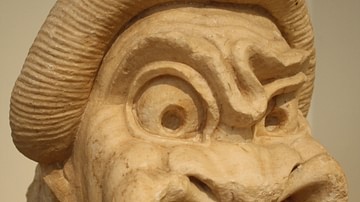
Definition
The Wasps
The Wasps is a play written by the lone representative of Ancient Greece's Old Attic Comedy, Aristophanes (c. 445 - c. 386 BCE). It won second place at the Lenaea competition in 422 BCE. Written in two acts, the play focuses on a reoccurring...

Video
Why is Aristophanes called the Father of Comedy?
Learn more about TED's Student Talks program here: http://bit.ly/2MUY1KK View full lesson: https://ed.ted.com/lessons/why-is-aristophanes-called-the-father-of-comedy-mark-robinson Aristophanes, often referred to as the Father of Comedy...

Article
Enuma Elish - The Babylonian Epic of Creation - Full Text
The Enuma Elish (also known as The Seven Tablets of Creation) is the Babylonian creation myth whose title is derived from the opening lines of the piece, "When on High". The myth tells the story of the great god Marduk's victory over the...
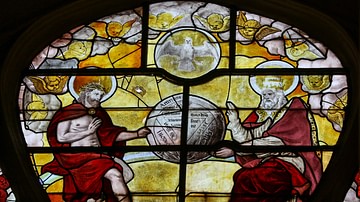
Definition
Trinity
The Christian doctrine of the Trinity (from the Latin trinus, meaning "threefold") professes that there is one God, but three eternal and consubstantial persons (aspects): the Father, the Son, and the Holy Spirit. The Father is the God of...
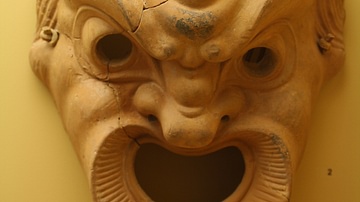
Definition
The Clouds
The Clouds is a comedy written c. 423 BCE by the Greek playwright Aristophanes (c. 448 BCE – c. 385 BCE). A failure at the Dionysia competition, finishing third out of three, it was revised later in 418 BCE but never produced in the author's...

Definition
Electra by Sophocles
Electra is a play written by the 5th-century BCE Greek tragedian Sophocles. Similar to Aeschylus' Libation Bearers, Electra focuses on the return of Electra's brother Orestes from exile and the plot to murder their mother. Years earlier...
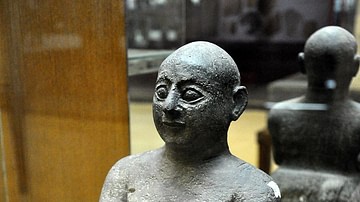
Article
Schooldays: Sumerian Satire & the Scribal Life
Schooldays (c. 2000 BCE) is a Sumerian poem describing the daily life of a young scribe in the schools of Mesopotamia. The work takes the form of a first-person narration and dialogue in relating the challenges the student faces and how he...